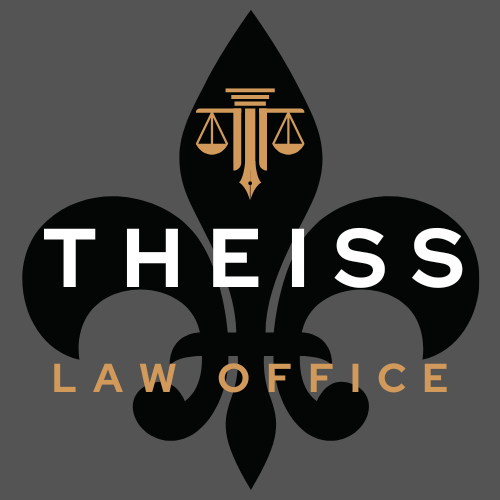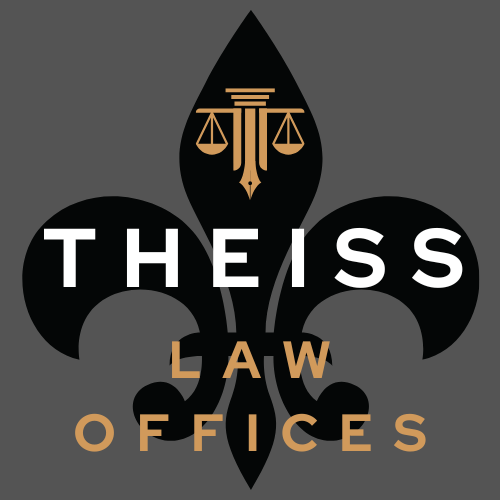Estate Planning & Probate
We believe in helping our clients to create estate plans that reflect their wishes and desires but that are also able to practically be implemented by their loved ones after they pass. When our clients have lost a loved one, we are able to guide them through the probate process in an effective and efficient manner.
What Is the Difference Between a Probate and Estate Planning Lawyer?
Probate and estate planning attorneys work in practice areas relating to estate law. But there's one primary difference. Timing.
A probate attorney handles the process of estate administration after a person dies. They prepare legal documents required for probate. The probate attorney may even serve as an executor or administrator of an estate. If the person has no one else to designate, it's common to have an attorney help in this role.
An estate planning attorney advises clients on estate planning matters. They draft estate planning documents according to the individual's estate planning needs.
Estate Planning During Life. An estate planning attorney works with living clients to draft:
- Wills
- Revocable living trusts
- Powers of attorney
- Health care directives
- Living wills
The work of an estate planning attorney includes assistance with asset protection and tax planning. This includes reducing estate taxes or inheritance taxes. When minor children or individuals with special needs are a concern for a client, the attorney can assist with setting up a trust and subsequent trust administration.
What Is a Probate Lawyer?
Probate lawyers are also called estate attorneys. These attorneys work in an area of law that helps clients through the probate process. They help non-lawyer clients with their duties administering an estate. They assist their clients in fulfilling roles as:
- Administrators
- Personal representatives
- Executors of estates
Probate attorneys assist as much or as little as needed during the probate process. The probate process includes paying the deceased person's debts and distributing the estate's assets. The distribution must occur according to the will or state law.
What Does a Probate Lawyer Do?
The range of tasks a probate attorney can do is long. What the probate lawyer does depends on the executor or administrator's needs. The needs depend on whether:
- The decedent had a will
- The estate's complexity
- The beneficiaries or debtors want to sue the estate
- Other difficulties with the estate property exist
When the Decedent Leaves a Will
Sometimes, a deceased person dies with a valid, signed last will and testament. In such cases, an administrator hires a probate lawyer to guide them through the probate process. This is a consultative role. Most wills go through probate without a problem. But in some cases, there may be a challenge to the will. A probate attorney may represent a party in probate when a beneficiary believes the will is either:
- Invalid
- Signed under duress
- Signed under the undue influence of another
Perhaps someone wants to contest being written out of a will. There are numerous reasons to challenge a will. The probate attorney may represent a party in probate litigation in these cases.
When the Decedent Does Not Leave a Will
If the decedent left no valid, written will, they are said to have died "intestate." When that happens, state inheritance laws determine who inherits. It's important to note that the probate lawyer and the estate administrator are bound to distribute property according to state intestacy laws. Regardless of what the deceased person said while alive, state law determines the distribution of estate assets. How much family members need money is not a consideration.
A probate lawyer may help a loved one go to court to be named the estate administrator. Or they may be hired later after the probate judge names the person administrator.
A relative who wants to be the estate's administrator must first secure "renunciations" from the decedent's other relatives. A renunciation is a legal statement renouncing one's right to administer the estate.
A probate attorney can help secure and file these statements with the probate court. The attorney can then assist the administrator with the probate process.
What Is the Role of a Probate Lawyer?
A personal representative can hire a probate attorney to provide legal advice. Or they can hire a probate attorney to perform various tasks, including the following:
- Finding property and creating an inventory
- Securing the decedent's estate, including the decedent's savings account and checking account, vehicles, real estate, personal property, and more
- Identifying and collecting on life insurance policies
- Securing appraisals for the decedent's assets
- Managing the estate's checkbook
- Securing a tax accountant or working with an in-house accountant to prepare the deceased person's final income and estate tax returns
- Advising on debt payments
- Preparing and filing documents required by a probate court
When the executor or administrator lives out of state, they rely heavily on local probate attorneys and their staff. The attorney can help with the administrator's tasks. Some law firms specialize in providing comprehensive services for just this circumstance. Even when the administrator is local, they can engage the probate attorney to provide more comprehensive services.
Do You Need a Probate Lawyer?
Hiring a probate lawyer is not always necessary. However, some county probate courts have an attorney requirement for probate matters.
The probate court itself can be very helpful to executors and administrators. Before you hire an attorney, ask yourself:
- Does the probate court require an attorney to open a probate estate?
- Have you handled the probate of an estate before?
- Can the estate be distributed without probate?
- Does your state have a relatively easy probate process?
- Will the family members named in the get along with each other?
- Is the money in the estate sufficient to pay its debts?
You may only need to hire a probate attorney immediately in some cases. Should you require assistance later, you can always hire one. Getting a referral from a trusted family member or friend can be an excellent place to start.


